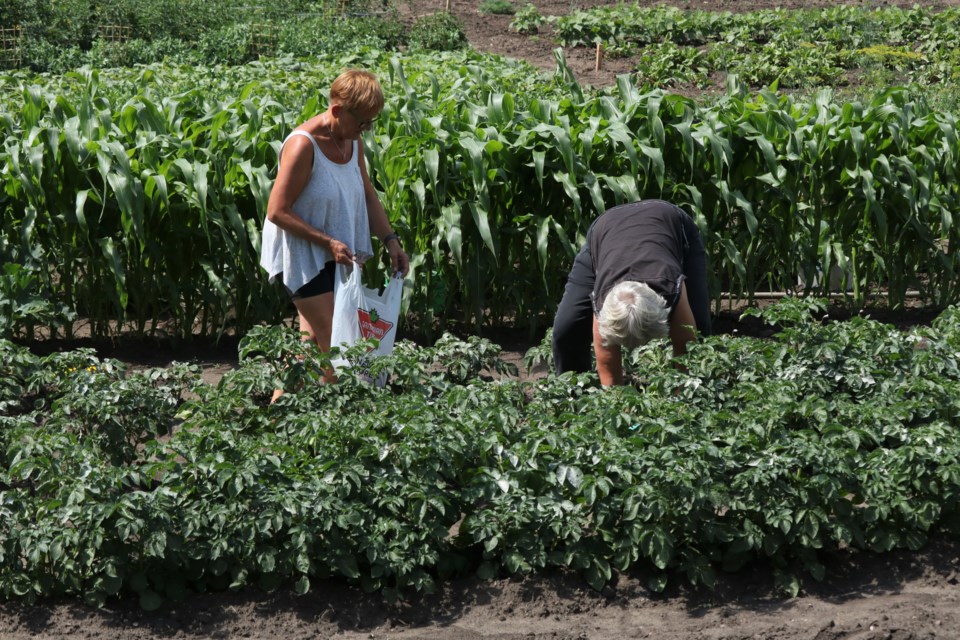YORKTON - This week is a busy one for the Yorkton and District Horticultural Society: our first meeting of the new season will be on Wednesday, Sept. 18 at 7:00 p.m. at the Yorkton Public Library.
Guest speaker will be Warren Crossman talking about “Heirloom Potatoes”. Everyone is welcome! Then on Friday, September 20, it’s time for the Fall Plant and Bulb Sale from 9:30 AM to 2:00 PM (or while supplies last) at the Parkland Mall in Yorkton. Hope to see you there!
Time to chat about cleaning the garden before winter. It’s still growing, and that’s fine, but it won’t be long till we’re “putting the garden to bed” as they say. There are various points of view of how to do this, but there are important things to consider in this annual task.
There are gardeners who believe that “fall clean-up” is really fall clean-up. You’ve seen these gardeners: they practically take a shop vac out into the garden and pick up every stray leaf, every twig. The garden is tilled to a clean slate of soil; perennials are cut down. Nothing is out of place. It’s picture perfect.
Or is it? Cleaning up every leaf removes nutrients that would go slowly go into the soil; taking away the leaves destroys safe and sheltered spaces for a wide variety of beneficial bugs, bees, spiders and beetles who need these safe places to winter.
Cutting down perennials, especially those with seed heads, take away a source of food for over-wintering birds, plus a source of beauty in the winter garden.
The healthy fall garden is less than perfect. There were times, back in the day, when the sign of a conscientious gardener was the kind of fall garden where everything is trimmed down, raked up, tilled up, bagged up. We know better now. We know how important it is to help nature and work with it. I read a funny comparison somewhere once that said we shouldn’t try and keep the garden looking as tidy as one more room of our house.
As gardeners, we are connected to the rhythms of nature, or should be if we are paying attention. It is not difficult to see that nature often faces challenges and needs our help in any way we can give it. There are countless beautiful creatures who struggle to find food, shelter and safety over the winter. We can help with that if we understand that the garden is not just our space. It belongs to many others as well as us, and if we want a good garden, we have to help out.
For example. A gardening friend once mentioned that she couldn’t understand why she had no ladybugs in her garden. Ladybugs are wonderful in a garden, eating pests of all kinds including dozens of kinds of aphids. Ladybugs are truly the gardener’s friend. They are to be encouraged in our gardens in any way we can help them. Guess why probably there were no ladybugs in this particular garden? Her garden was totally cleaned up, devoid of any wild spaces, any sheltering leaves, any uncut perennials. Why would the ladybugs go there? That garden could offer them nothing.
Dear gardeners, it is one thing to clean up diseased plant foliage that might get into the soil, or to pull up finished cucumber vines or tomato stalks that could encourage bacterial or fungus problems. But as for nature’s own gifts: of tree leaves and seed-heads and quiet small spaces for helpful garden friends, just let it be. Relax and leave some of it alone. Your garden will thank you.
Thank you to our friends at YTW for their great work. Visit the hort society at www.yorktonhort.ca and have a great week.






